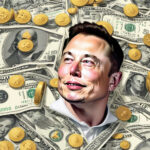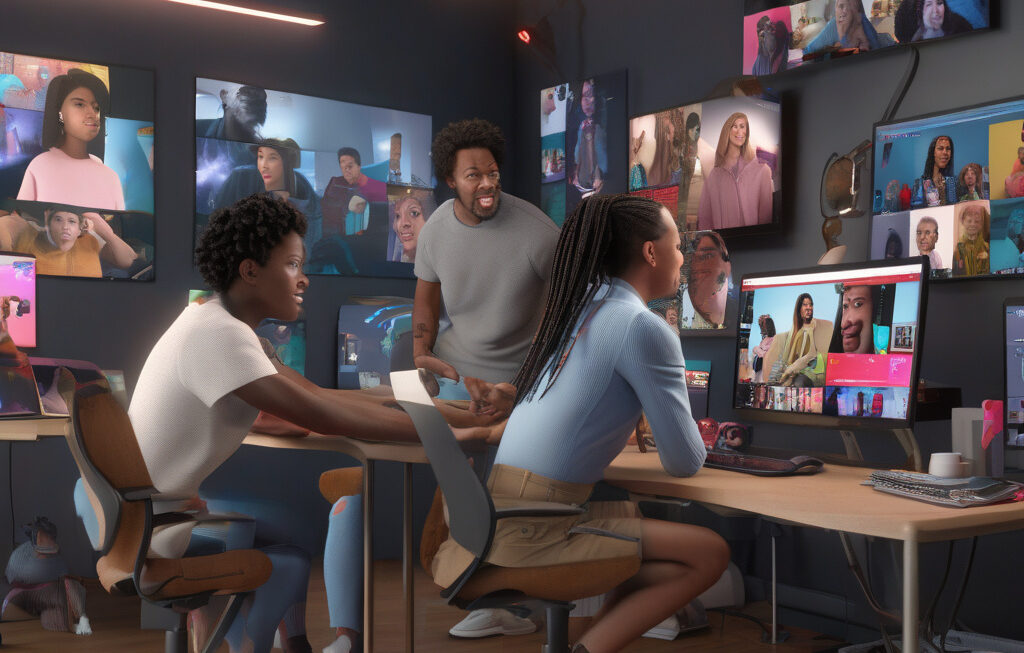UAE Experts Warn of AI Privacy Risks in Art Apps
In the era of rapid technological advancements, the integration of artificial intelligence (AI) into various facets of our lives has undoubtedly brought about convenience and innovation. However, as we embrace the convenience of AI-driven applications, the issue of data privacy looms large. Recently, Dr. Mohamed Al Kuwaiti, a prominent figure in the UAE’s tech landscape, has highlighted the critical importance of safeguarding personal data, particularly concerning AI art applications that have gained popularity for transforming ordinary photos into captivating pieces of stylized artwork.
With the proliferation of AI-powered art applications, users are often enticed by the allure of seeing their photos reimagined in the style of renowned artists or artistic movements. While these apps offer entertainment and a creative outlet, the underlying processes raise significant privacy concerns. Dr. Mohamed Al Kuwaiti’s warning sheds light on the potential risks associated with the way AI applications handle and store user data.
One of the primary concerns raised by experts like Dr. Al Kuwaiti is the collection of sensitive personal information through these art apps. When users upload their photos for artistic transformation, they may unknowingly be sharing not just their images but also valuable data that could be exploited if not adequately protected. From facial recognition data to location information embedded in photos, the potential for misuse or unauthorized access to this data poses a significant threat to user privacy.
Moreover, the storage and processing of user data by AI algorithms raise questions about transparency and user consent. As these applications analyze and manipulate images to generate stylized artwork, the fate of the original data and the rights of the users over their transformed images become crucial considerations. Without clear policies and safeguards in place, users may find themselves at the mercy of opaque data practices that leave them vulnerable to privacy breaches or unintended consequences.
To mitigate these risks, Dr. Mohamed Al Kuwaiti emphasizes the need for greater awareness among users regarding the implications of using AI-powered art apps. By understanding how these applications operate, what data they collect, and how that data is utilized, users can make more informed decisions about sharing their information and images. Additionally, advocating for robust data protection measures and regulatory oversight can help ensure that user privacy is respected in the development and deployment of AI technologies.
As we navigate a digital landscape where AI is increasingly intertwined with our daily experiences, the issue of data privacy must not be overlooked. While AI art apps offer a glimpse into the creative potential of technology, they also serve as a reminder of the importance of safeguarding personal information in an age of data-driven innovation. By heeding the warnings of experts like Dr. Mohamed Al Kuwaiti and taking proactive steps to protect our privacy, we can fully enjoy the benefits of AI without compromising our personal data security.
In conclusion, the intersection of AI and art presents a fascinating realm of possibilities, but it also demands a cautious approach to data privacy. As technology continues to advance, ensuring that privacy remains a top priority will be essential in fostering trust and accountability in the digital landscape.
AI, Privacy Risks, Art Apps, Data Protection, UAE Experts












